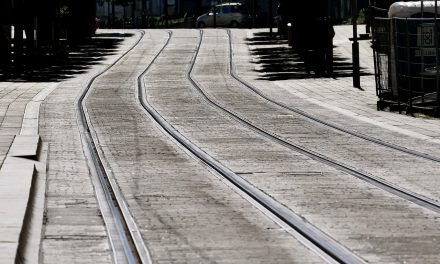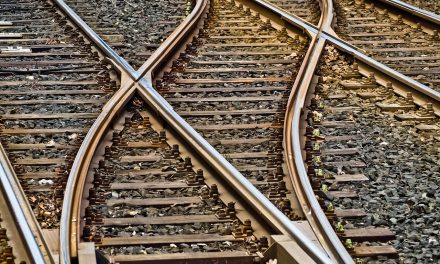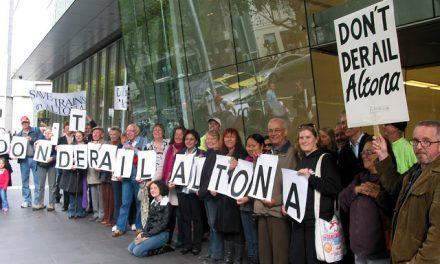I am going to bust the myth of some people perceiving the Altona commuters as merely a group of whinging protesters over the inconveniences brought about by the train timetable and operational changes in May.
During the last Altona Loop community meeting that I attended a few days ago, participants had given due credit where improvements had taken place. Except for some occasional hiccups, the peak hour Laverton trains (running between City and Laverton) both in the morning and evening peaks appear to have performed pretty well, meeting punctuality expectations. The performance is sometimes so remarkable that I had missed my trains a few times due the train arriving and departing Westona 1-2 minutes earlier than scheduled.
As I am taking peak hour trains, I do not have much personal experience with the interpeak services. For those who are not aware, there is an active community group focusing on public transport issues in Altona and an associated Facebook group. Anyone can join this group which has members who are not residents of Altona. From posts made in this Facebook group, I gather that interpeak services have greatly deteriorated compared to the past. There were many instances of missed connections at Newport, late shuttle trains or late connecting trains, resulting in considerable lengthening of the journey times during interpeak hours. The journey time of commuters travelling between Altona and Werribee has also doubled compared to the old timetable.
The most logical improvement exercise in the next timetable restructuring is to discard what is not working and to adopt what has proven to be working in reality. If we follow this line of logical reasoning, Metro should extend the peak hour Laverton train services (what are working) all the way into the interpeak period to replace the shuttle services that are apparently failing. If the Laverton services are working well for a lengthy two hours between 7 and 9 a.m., there is no reason why this arrangement would not behave likewise if it is extended beyond 9 a.m. for one hour, 2 hours or all the way into the evening peak. The beauty of this solution is that it does not require additional trains and manpower since 6-carriage trains are used for the shuttle services and one driver will still operate each train.
Those who are more philosophical however may question the apparent mismatch between what they have rationalized and what have actually happened. We know there are far more train passengers during the peak hours compared to the interpeak period. VLine trains which use the same tracks as metropolitan trains also run far less frequently during the interpeak. One would expect the train system to cope much better and hence providing more reliable services during the interpeak period, which is much less busy relative to peak hours in terms of patronage and train frequency. The reality is manifested as an enigma in which the outcomes are reversed and contradict commonsense reasoning.
Why not put aside all doubts and focus on a result-oriented approach. Replace all interpeak shuttle services with Laverton trains. This arrangement will be a win-win outcome for both Metro and the Altona commuters. Not only does it remove the miseries of those Altona commuters using the interpeak shuttle services, it also helps to improve the performance targets of Metro!
Have your say and cast your votes in this poll:




